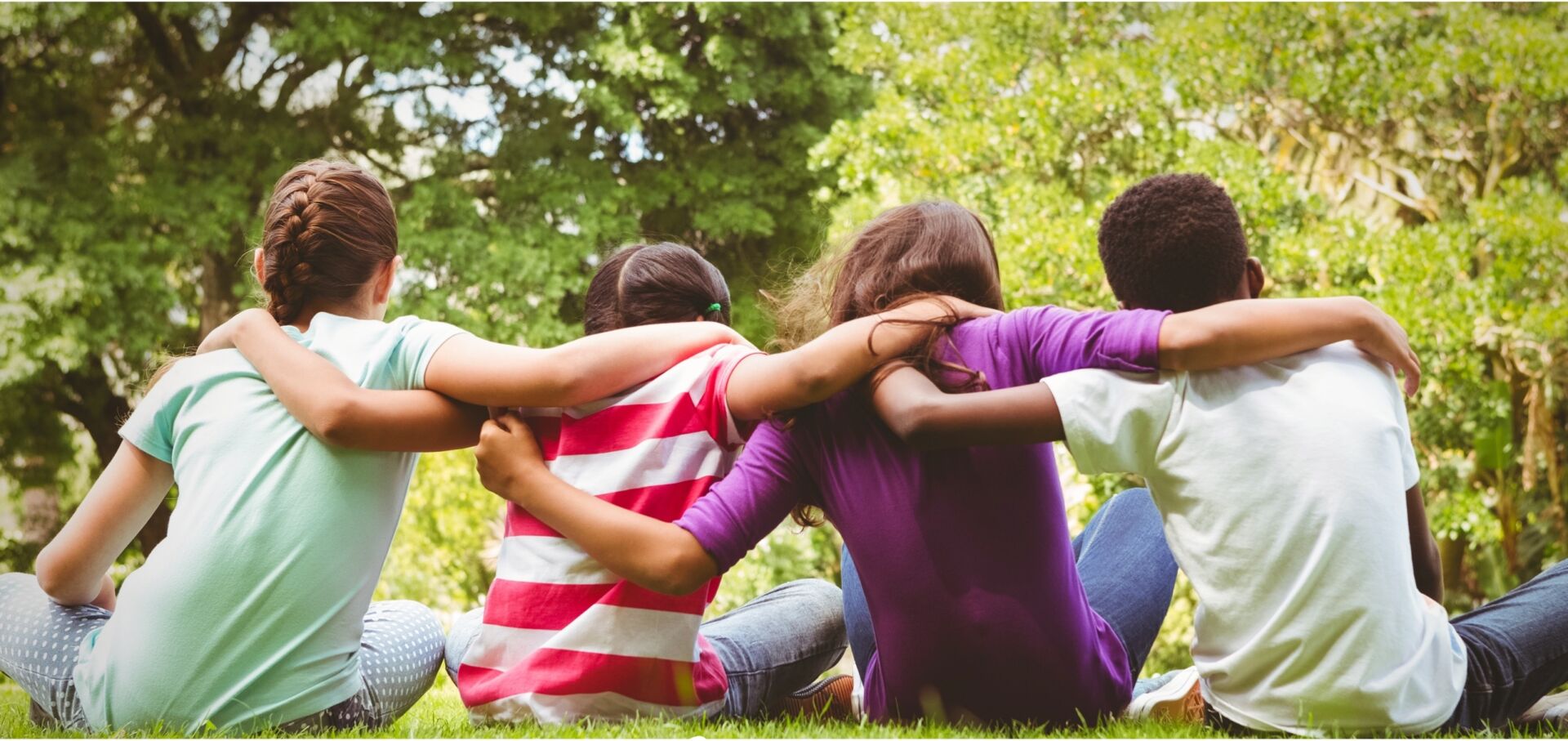
Learning Grief
LEARNING GRIEF
because children and teens are not immune to loss
Handle big feelings with confidence.
Learning Grief is a free online resource created to help you support kids and teens navigate the big feelings that come with loss. Whether you’re a mentor, coach, youth leader, educator, or caregiver, you can use these tools to learn and model effective support—teaching kids how to navigate tough times and how to be there for their peers.
People of all ages regularly encounter loss and grief on a regular basis. Kids and teens are no exception.
The Stats
Data indicates that a child or teen in your life may be experiencing some form of loss.
1 in 12
children in the U.S. will experience the death of a parent or sibling by age 18.
1 in 14
children in the U.S. have at least one parent who is incarcerated.
1 in 8
children live in a household with at least one parent struggling with a substance use disorder.
1 in 30
children in the U.S. go to sleep without a home of their own.
2M+
children in the U.S. have had a military parent deployed at least once since 2001.
414,863
children, on average, in foster care on a single day.
66%
of U.S. households own a pet. Pet loss is often a child’s first experience with death.
3-10M
children in the U.S. witness violence between their parents or caregivers each year.
The Stakes
Loss can lead to grief reactions that can have real and lingering impact on our brains, bodies, and circumstances. In particular, bereavement (loss due to death), has the potential lead to a variety of negative outcomes if not effectively supported.
“Childhood bereavement is the strongest predictor of poor school outcomes beyond other traumas.”
Dr. Benjamin Oosterhoff, Dr. Julie B. Kaplow, Dr. Christopher M. Layne
These are teachable skills.
Social support is an important protective factor for someone who has experienced loss, regardless of their age. Yet many of us fail to show up for people when they need us most. This is usually not because of a lack of caring, but a lack of knowing how. It’s hard to help kids learn how to do something we may struggle with ourselves. The good news is that these are skills that can be taught—and it’s never too early to start!
Start Learning
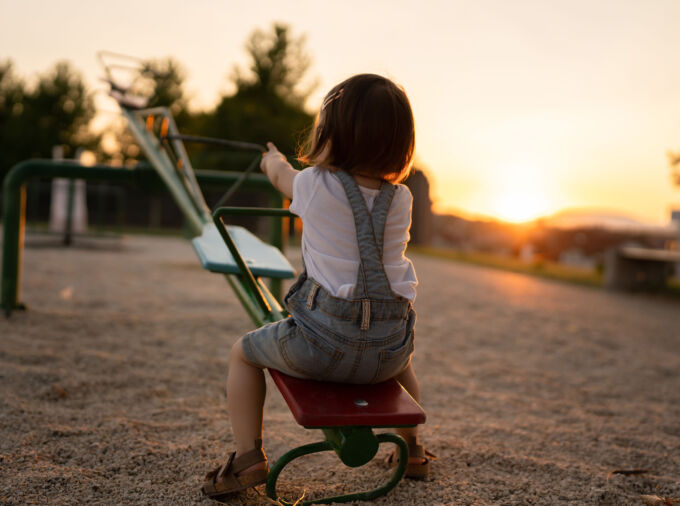
Understanding Loss
Cultivate deeper knowledge about grief, our natural response to loss.
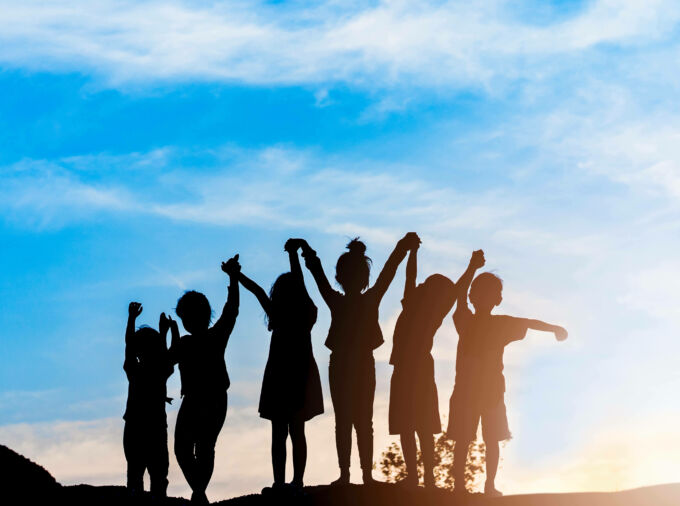
Skill-building
Develop critical skills to become a supportive presence for someone who is experiencing loss.
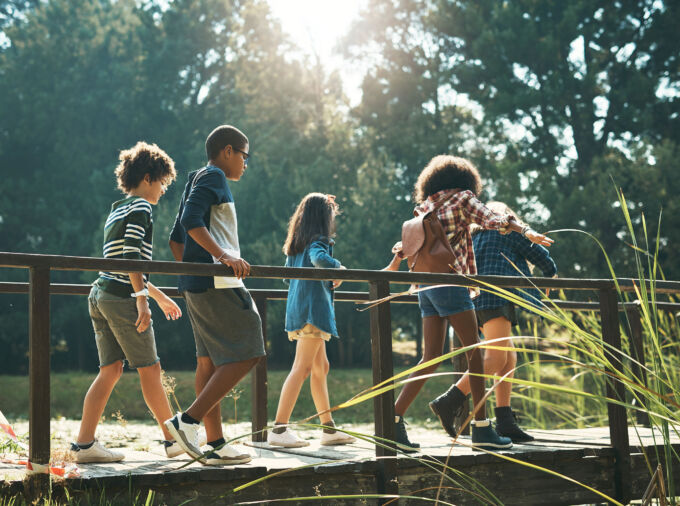
Supporting Loss
Provide children with the tools to respond with compassion and competence when someone they know faces hardship.
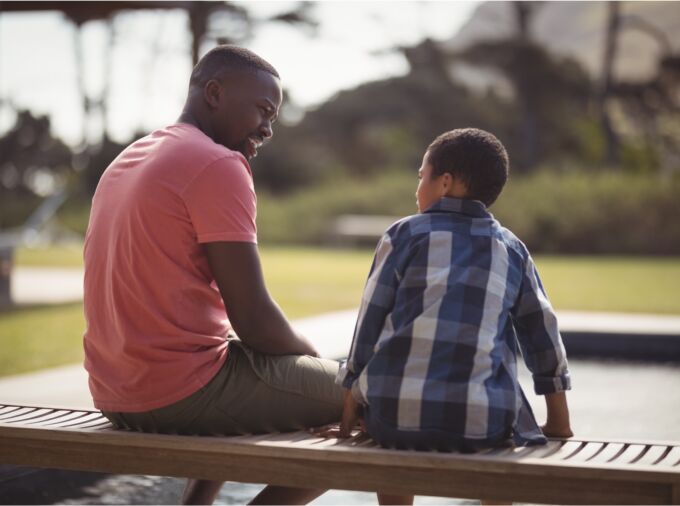
Resources
View and filter our entire collection of resources on an array of topics relating to supporting loss.
